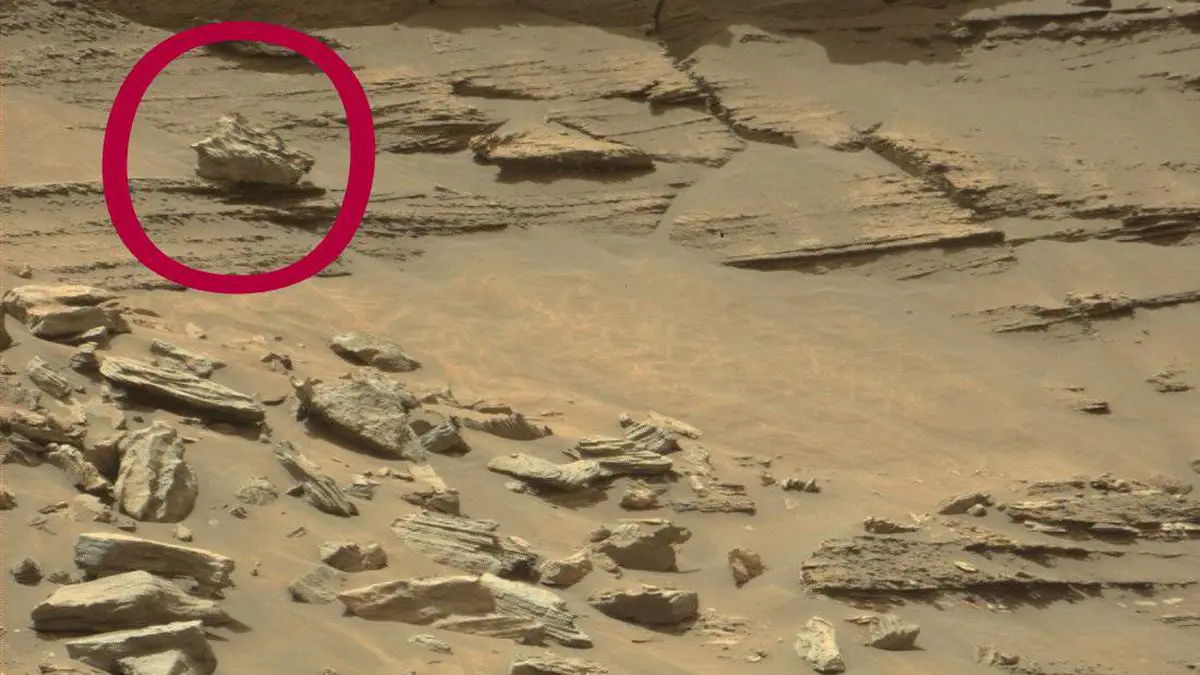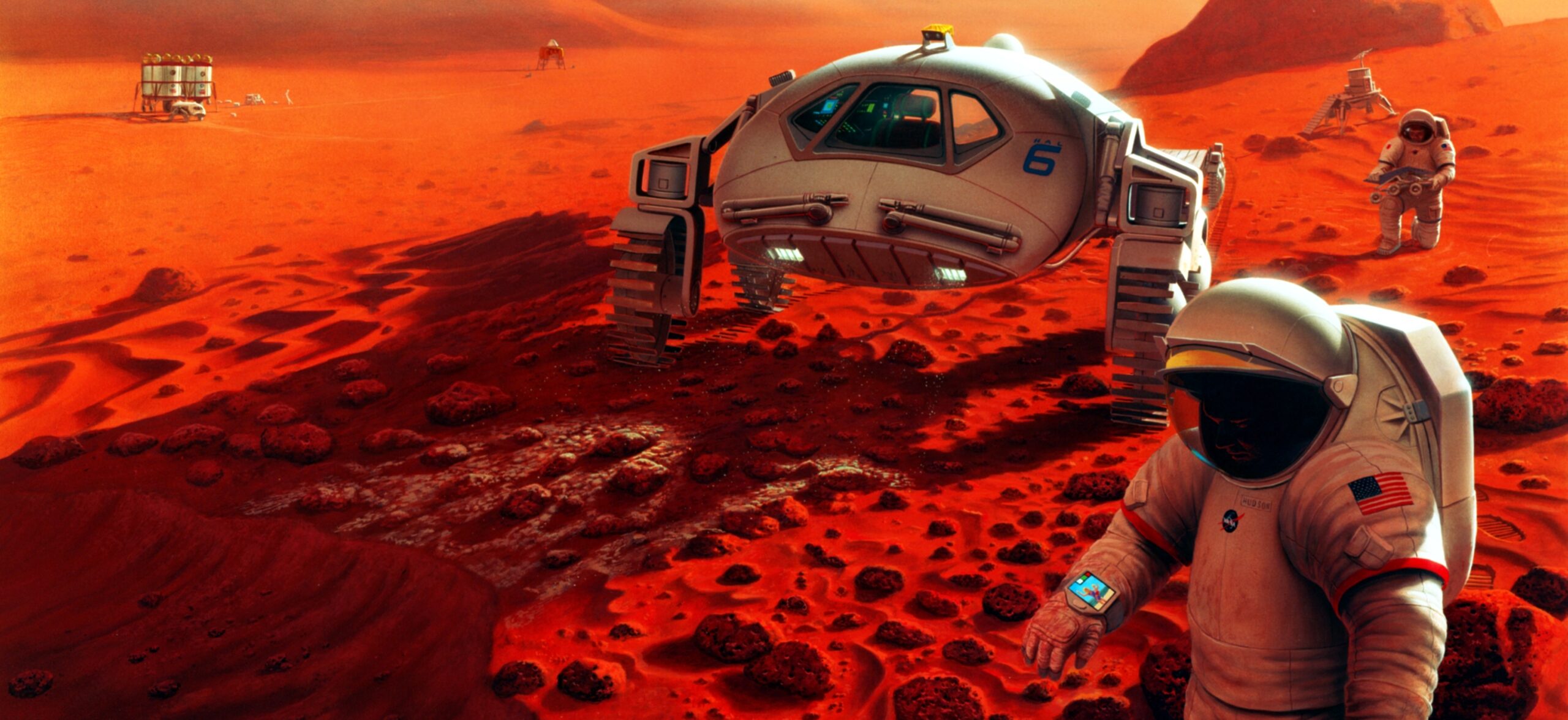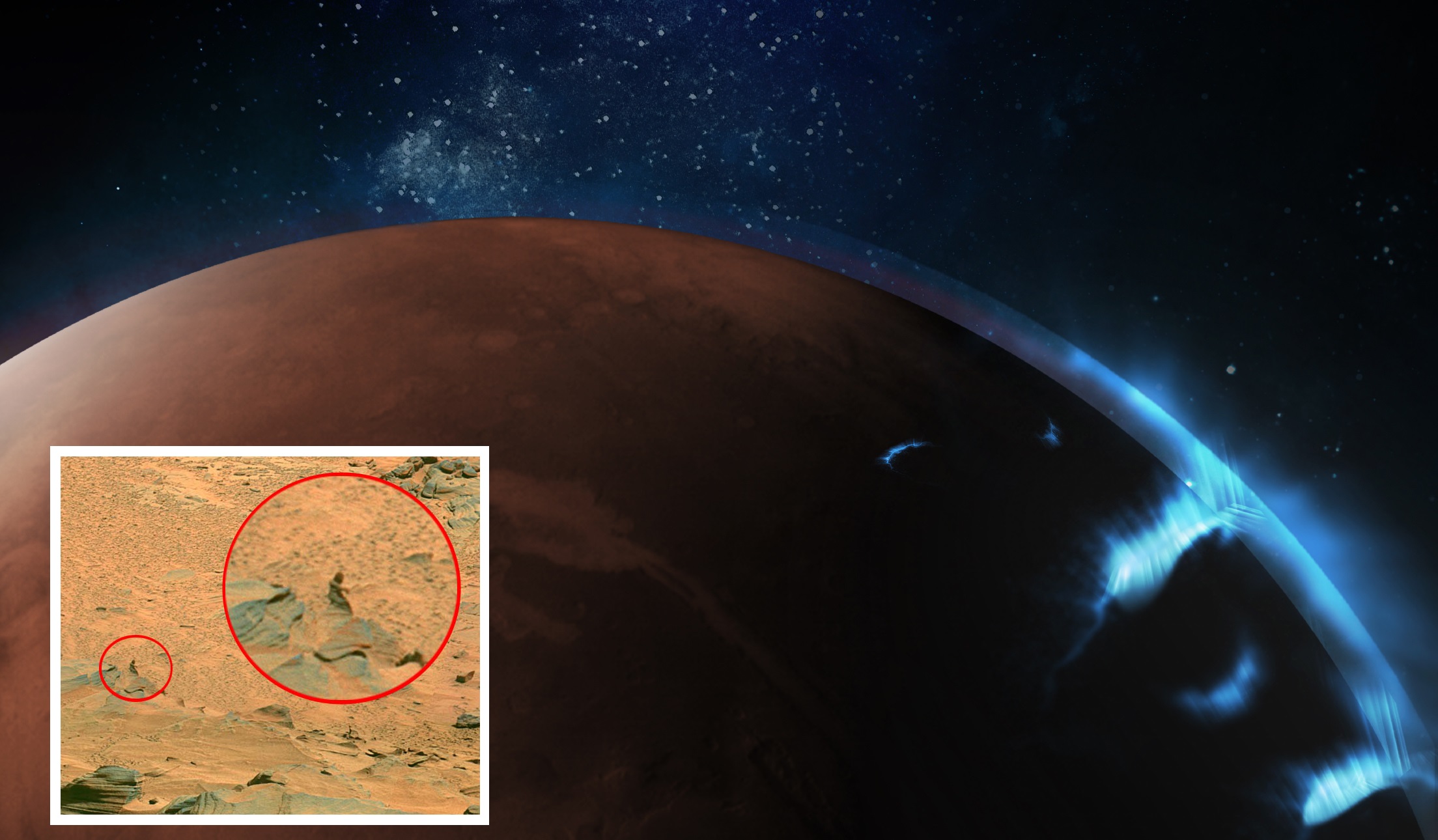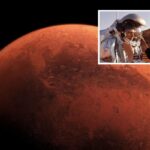NASA has engaged two dozen religious experts from the Center for Theological Inquiry in New Jersey to give a response in the event that life on Mars is discovered.
The specialists, according to Christian News Now, would consider the theological ramifications if NASA discovered alien life on Mars. While Christian Headlines described the mission as a chance for humans to receive religious direction if aliens were ever discovered.
According to Relevant Magazine, former NASA Astrobiology Institute Director Carl Pilcher enlisted the 24 theologians to “consider the implications of applying the tools of late twentieth (and early twenty-first) century science to questions that had been considered in religious traditions for hundreds or thousands of years.”
Will Storrar, director of the Center for Theological Inquiry, explained that the project’s goal is for the 24 theologians to produce “serious scholarship” on extraterrestrials that will be published in books and journals, focusing on the “profound wonder, mystery, and implication of finding microbial life on another planet.”
Rev. Dr. Andrew Davidson, a religious researcher at the University of Cambridge, said the effort is “helpful to have thought out the ramifications in advance” if humans ever contact aliens. A “huge number of individuals would turn to their religion’s tradition for direction,” according to Davidson, and such an encounter would have important repercussions “for the status and dignity of human existence.”
The study is called “The Societal Implications of Astrobiology,” according to church leaders. Davidson, a biochemist, acknowledged his involvement in the research on the divinity faculty blog at Cambridge. Davidson’s major focus is on Christology, which entails “a study of the fundamental subjects in Christian belief—what is commonly referred to as systematic theology’—from the standpoint of life elsewhere in the cosmos,” according to Davidson. The study focused on the reality of Jesus’ “many incarnations,” as well as the dignity of human life and creation.

“I am thinking about how it relates to ideas like creation, sin, Jesus’ person and work, redemption, revelation, and eschatology,” Davidson said.
“Astrobiology and Christian Doctrine,” a forthcoming book by Davidson, will explore how religion might aid in the processing of the finding of alien life.
“Nonreligious people…seem to exaggerate the difficulties that religious people…would encounter if confronted with proof of extraterrestrial life,” Davidson observed.
The urge to believe in religion and aliens both arise from the fundamental human drive to discover a “deeper purpose in life,” according to a 2017 article in Scientific American on the belief in aliens being a “religious inclination.” Last June, Pew Research released research revealing that two-thirds of Americans believe aliens exist, with the younger age accounting for the majority.
During a conversation about strange flying objects supposedly sighted by military aircraft, Christian apologist Ken Ham discounted such views. Ham used the Bible as evidence for his claim that UFOs are nothing more than “hype.”
“You may certainly declare there are no intelligent creatures on other worlds if you start with God’s Word. Because, according to Isaiah 45:18, God created the world to be populated, not Mars, Venus, or some other far-flung planet “Ham said.
“Furthermore, Adam’s transgression harmed all of creation when he sinned (Romans 8:22). As the final Adam, Jesus came to rescue those of Adam’s race who repent and believe. If intelligent aliens exist, they will experience the consequences of sin but will be unable to be rescued since Christ died for people, not aliens (1 Peter 3:18; Hebrews 9:27-28, 10:10). As a result, we know that aliens cannot (and do not) exist from a theological standpoint “Added he.
The project, Societal Implications of Astrobiology, is NASA’s second collaboration with the Center for Theological Inquiry, after a $1.1 million award in 2014. Researchers examined worshippers’ openness and curiosity in scientific inquiry throughout the project, which lasted until 2017.

NASA has employed two dozen theologians from the Center for Theological Inquiry (CTI) in Princeton, New Jersey, to provide theological direction to mankind if they ever come into contact with extraterrestrials.
NASA hires 24 theologians to investigate the ramifications of alien contact
According to Carl Pilcher, the former head of NASA’s Astrobiology Institute, the theologians were enlisted to “consider the implications of applying the tools of late twentieth (and early twenty-first) century science to questions that had been considered in religious traditions for hundreds or thousands of years,” according to Relevant Magazine.
One of the 24 theologians on the new initiative, Rev. Dr. Andrew Davison of the University of Cambridge, agreed that if humans ever made contact with aliens, it would “be beneficial to have thought out the consequences in advance.”
If such contact were to occur, Davison thinks that “a huge proportion of people would turn to their religion’s traditions for direction,” and that it would have important repercussions “for the status and dignity of human existence.”
This is not the first time the CTI and NASA have collaborated. The space agency gave CTI a $1.1 million grant in 2014 to perform the Societal Implications of Astrobiology project, which looked at worshipers’ interest and receptivity to scientific inquiry.
The 24 theologians wish to see “real work being published in books and journals” about extraterrestrials in uncovering the “deep awe, mystery, and consequence of finding microbial life on another planet,” according to CTI director Will Storrar.
More individuals have grown to believe in the potential of alien life as time has passed. A Pew Research poll released earlier this year indicated that two-thirds of Americans think aliens exist, with more young people believing this.
In recent years, there has been a growing relationship between religion and belief in intelligent life on other worlds. According to a study published in Scientific American, belief in religion or aliens arises from the human need to find greater purpose in life.




